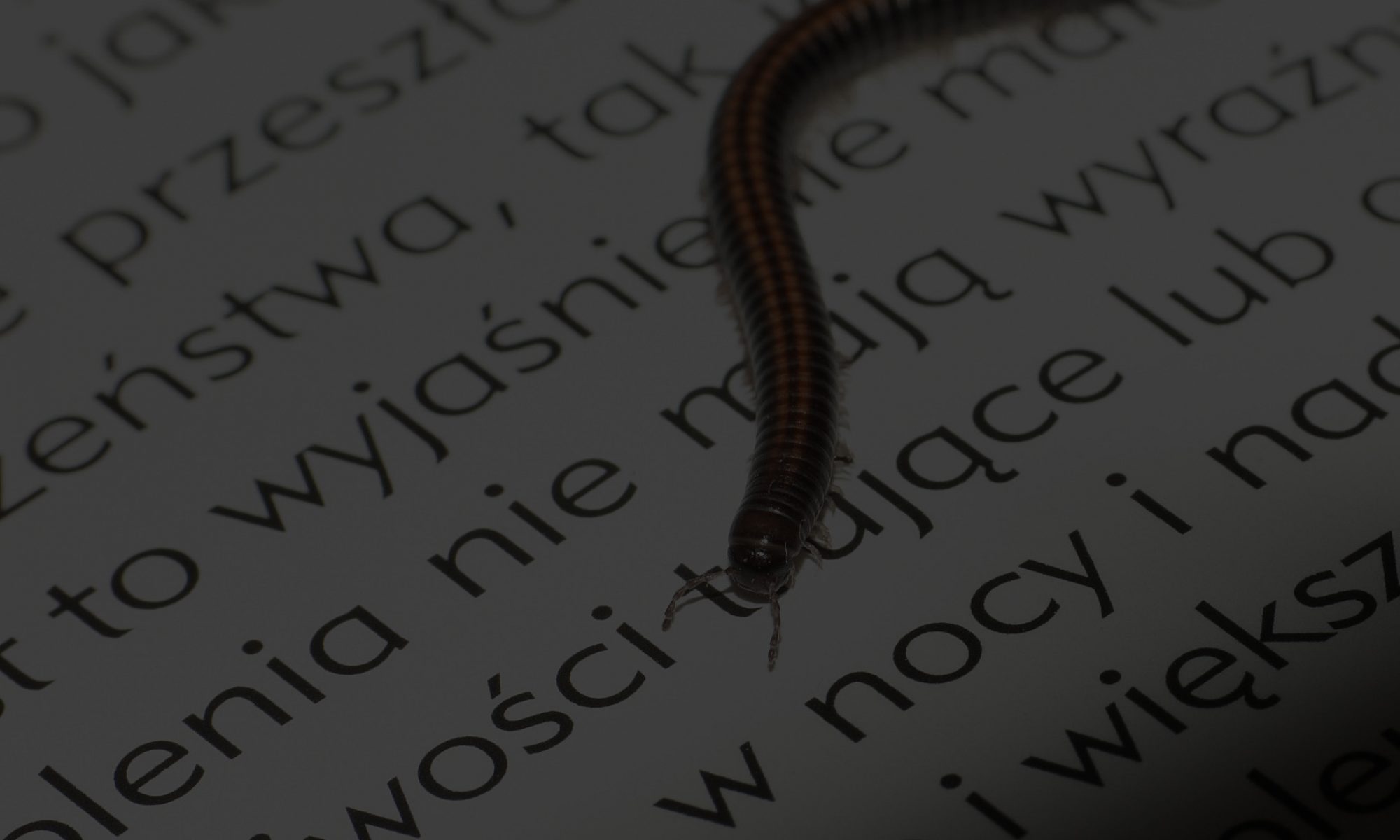In the age of the Internet and digital media, access to knowledge is easier than ever – vast textual resources are just a few clicks away. The digital information processing and transmission technology makes it possible for practically anyone to not only read all these sources, but also to publish their own content and to make it available to an audience of millions worldwide. Unfortunately, these great changes do not come without challenges. Since it may be hard to distinguish reliable and unreliable sources on the Internet, much of the distributed information is of questionable quality. As a result, the digital space is filled with phenomena like fake news fabricated for financial gain or political influence, rumours and other misleading and deceptive claims. The proposed research programme is aimed to deal with the problem of misinformation, which herein refers to textual publications in digital media which may cause their readers to obtain a false belief. It is important to distinguish between two situations: an author of such content could be aware of it being misleading, which we can call a deception, or not. The plan involves research in the following directions:
- automatic detection of unreliable fabricated content, such as fake news, based on its linguistic features
- mitigating influence of misleading claims by designing techniques for automatically suggesting reliable sources relevant to a local context
- implementing a prototype of a simple to use tool that will assist lay users by allowing them to apply the above techniques to digital content.
